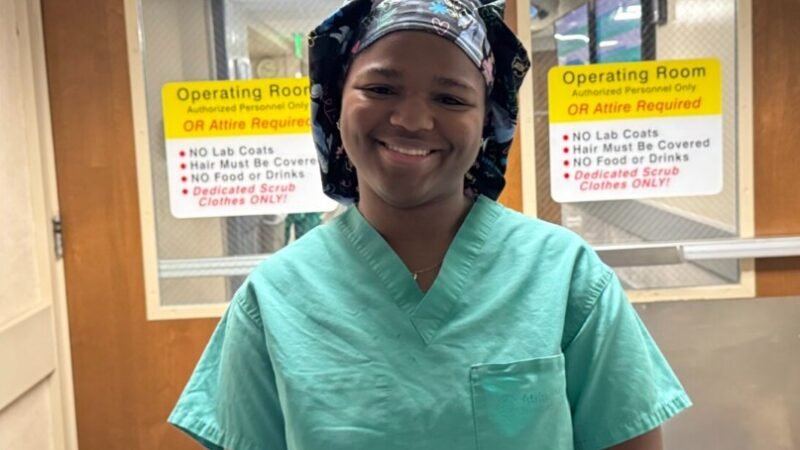Emory University to Test AI’s Potential in Reducing Sepsis Mortality
Emory University researchers are set to embark on a groundbreaking study to test whether artificial intelligence (AI) can play a role in reducing mortality among patients with sepsis, a severe condition triggered by infections.
Sepsis is a significant health concern in the United States, contributing to millions of hospitalizations and hundreds of thousands of deaths annually, as reported by the Centers for Disease Control and Prevention (CDC).
Thanks to funding totaling up to $750,000 over two years from the Kaiser Permanente Augmented Intelligence in Medicine and Healthcare Initiative (AIM-HI) Coordinating Center, Emory University will delve into this critical area of research. Their proposal was among the select few chosen from a pool of 120 applicants to receive funding from AIM-HI.
Under the banner of the Precision REsuscitation with Crystalloids In SEpsis (PRECISE) trial, researchers aim to determine whether an AI algorithm developed at Emory can pinpoint a subset of sepsis patients who might benefit from a specific intervention: a switch in the type of intravenous (IV) fluids administered.
“IV fluids are one of the most common treatments given to hospitalized patients with suspected sepsis, but we don’t know which class of fluids — normal saline or balanced crystalloids — is better for our patients,” says Sivasubramanium (Siva) Bhavani, MD, assistant professor in the Division of Pulmonology, Allergy, Critical Care and Sleep Medicine at Emory University School of Medicine, and principal investigator of the trial.
The trial will focus on a subgroup of patients identified by the AI algorithm, termed Group D, who exhibit specific vital signs. Previous retrospective data analysis suggests that this subgroup might experience reduced mortality when treated with balanced crystalloids compared to normal saline.
“We know that the one-size-fits-all approach has not worked in fluid resuscitation in these patients,” Bhavani explains. “We have previously developed and validated the AI algorithm that we are deploying in this trial using retrospective data from Emory hospitals. The algorithm uses bedside vital signs to identify a sepsis subgroup known as Group D. In a secondary analysis of clinical trial data, we have found that Group D has a 15% absolute reduction in death with balanced crystalloids compared to normal saline. Now, we will have the opportunity to test our algorithm prospectively in a randomized controlled trial.”
The researchers stress the need for precision medicine in treating sepsis patients, highlighting the potential public health impact of even a slight reduction in mortality rates.
The PRECISE trial, slated to commence in summer 2024, will be a single-blinded, randomized controlled trial conducted across multiple Emory Healthcare hospitals. The AI algorithm will be deployed to identify Group D patients, who will then be randomized to receive either usual care or intervention— an electronic health record alert guiding clinicians to use balanced crystalloids instead of normal saline.
Ultimately, the goal of the trial is to assess whether this intervention can lead to a reduction in mortality within 30 days of hospitalization, potentially revolutionizing the treatment approach for patients with sepsis.
Emory hopes to enroll more than 1,500 patients in the trial over the course of a year. For more information on the PRECISE trial, visit the trial’s ClinicalTrials.gov site.






